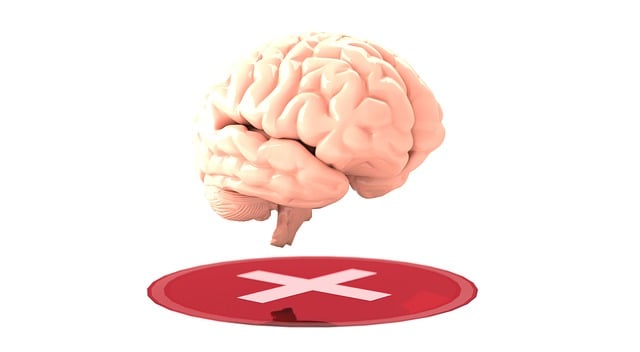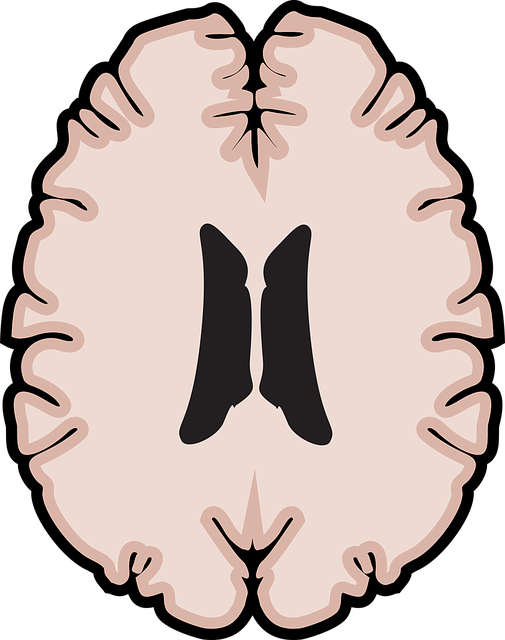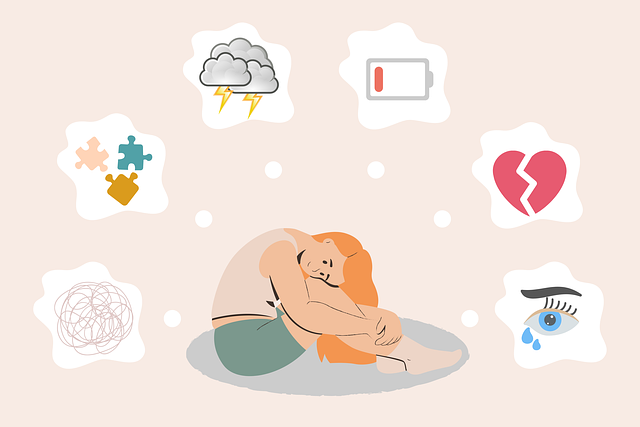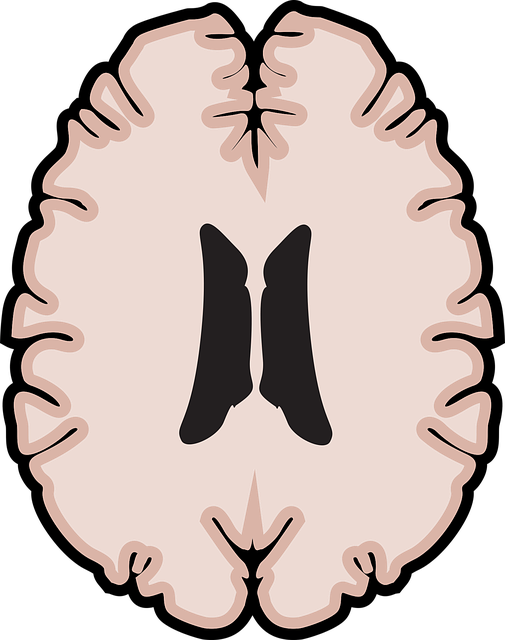Mental health advocacy is vital for creating an inclusive society that supports individuals with various conditions, especially OCD. By raising awareness, breaking stigma, and promoting culturally sensitive practices, initiatives aim to improve access to quality care. Golden OCD therapy focuses on evidence-based approaches like Cognitive Behavioral Therapy (CBT) and Exposure and Response Prevention (ERP), emphasizing early intervention and personalized treatment. This includes self-awareness exercises, mood management, and risk assessment for harmful rituals. Advocacy also pushes for trauma support services and social skills training, ensuring comprehensive care tailored to diverse needs. Support groups and online forums further strengthen this cause, offering safe spaces for discussion and mutual support, thereby enhancing emotional well-being and resilience.
Mental health advocacy initiatives play a pivotal role in creating a more supportive and understanding society. This article delves into the crucial aspects of mental health awareness, focusing on OCD as a case study to uncover the pervasive stigma surrounding the condition. We explore effective strategies for advocacy, highlighting the importance of therapy options like Golden Obsessive Compulsive Disorder (OCD) treatment. Additionally, it emphasizes community-building efforts to empower individuals with accessible mental health resources.
- Understanding Mental Health Advocacy: A Call for Awareness and Support
- Uncovering the Stigma: OCD as a Case Study
- Golden Rule: Strategies for Effective Advocacy
- Therapy Options: Treating Obsessive-Compulsive Disorder (OCD)
- Building a Community: Empowering Individuals with Mental Health Resources
Understanding Mental Health Advocacy: A Call for Awareness and Support

Mental health advocacy initiatives play a pivotal role in fostering understanding and breaking down stigma surrounding mental illness. At its core, mental health advocacy involves raising awareness, providing support, and pushing for policies that prioritize mental well-being. It’s about ensuring everyone, regardless of their background, has access to quality care and resources. This includes addressing challenges like the often-misunderstood Golden Obsessive Compulsive Disorder (OCD), where early intervention and specialized therapy, such as Exposure and Response Prevention (ERP) therapy, can significantly improve outcomes.
Beyond individual stories, advocacy pushes for culturally sensitive mental healthcare practices that cater to diverse communities. This involves recognizing and incorporating cultural nuances in treatment plans, which can enhance patient engagement and adherence to care. By promoting resilience-building strategies and integrating depression prevention programs, these initiatives empower individuals to take charge of their mental health. Ultimately, mental health advocacy seeks to create a more inclusive and supportive environment where everyone has the opportunity to thrive.
Uncovering the Stigma: OCD as a Case Study

Uncovering the stigma surrounding mental health conditions is a vital step toward creating a more understanding and supportive society. One disorder that often carries a heavy social burden is Obsessive-Compulsive Disorder (OCD). OCD presents as a complex interplay of intrusive thoughts and repetitive behaviors, affecting individuals’ daily lives. This condition is not merely about being neat or organized; it’s a debilitating mental health challenge.
Golden Obsessive Compulsive Disorder therapy focuses on helping individuals manage symptoms through various evidence-based approaches. Risk assessment plays a crucial role for mental health professionals when working with OCD patients, as these clients may engage in harmful rituals. Self-awareness exercises and mood management techniques are integral to this process, enabling professionals to provide tailored support. By raising awareness and understanding OCD, we can foster an environment where individuals seek help without fear of judgment.
Golden Rule: Strategies for Effective Advocacy

The Golden Rule for mental health advocacy is to approach each individual’s journey with empathy and understanding, recognizing that their experiences are unique. Effective advocates understand that one-size-fits-all strategies rarely work in mental healthcare. For instance, when advocating for individuals struggling with Obsessive Compulsive Disorder (OCD), a tailored approach is essential. Therapy should consider the cultural sensitivity of different communities, as perceptions and beliefs about OCD can vary widely. By incorporating aspects of Cultural Sensitivity in Mental Healthcare Practice, therapists can create inclusive environments that foster trust and engagement.
Furthermore, advocating for accessible Trauma Support Services and Social Skills Training is crucial in addressing various mental health challenges. These initiatives ensure that individuals receive comprehensive care tailored to their specific needs, promoting recovery and enhancing overall well-being. Such personalized advocacy not only respects diversity but also guarantees that no one faces their mental health struggles alone.
Therapy Options: Treating Obsessive-Compulsive Disorder (OCD)

The treatment landscape for Obsessive-Compulsive Disorder (OCD) has evolved significantly, offering a spectrum of effective therapy options that center around evidence-based practices and individualized care. One prominent approach gaining recognition as a Golden OCD Therapy is Cognitive Behavioral Therapy (CBT), particularly its variant known as Exposure and Response Prevention (ERP). This method employs mind over matter principles by gradually exposing individuals to anxiety-provoking situations, helping them learn coping strategies and challenge obsessive thoughts without performing compulsive behaviors.
Integrating Emotional Well-being Promotion Techniques into OCD treatment has become vital for fostering long-term recovery. Mental health professionals conduct thorough risk assessments to identify potential triggers and tailor interventions accordingly. By combining these strategic approaches, practitioners empower individuals to manage symptoms effectively, enhance their emotional resilience, and improve overall quality of life.
Building a Community: Empowering Individuals with Mental Health Resources

Building a supportive community is a powerful tool in the mental health advocacy landscape. By fostering connections and providing accessible resources, individuals with mental health challenges, such as Obsessive Compulsive Disorder (OCD), can find solace and empowerment. Community initiatives focus on creating safe spaces where people can openly discuss their struggles, share coping strategies, and offer mutual support. This collective approach enhances emotional regulation skills and encourages the development of inner strength.
For instance, support groups or online forums dedicated to OCD can be transformative. They provide a platform for individuals to connect with peers who understand their unique experiences, reducing feelings of isolation. Additionally, these communities often offer valuable resources like educational materials, self-care routine development guides, and tips for managing symptoms. Encouraging self-care practices, combined with community backing, equips people with the tools to take charge of their mental well-being, ultimately promoting a healthier and more resilient mindset.
Mental health advocacy plays a pivotal role in creating a more understanding and supportive society. By shedding light on various conditions, such as OCD through case studies, we can uncover and challenge harmful stigmas. Embracing strategies for effective advocacy empowers individuals to speak up and seek the golden therapy options available, like those tailored for Obsessive-Compulsive Disorder (OCD). Ultimately, building a strong community fosters mental wellness and ensures resources are accessible to all, revolutionizing how we navigate and support one another’s well-being.














